UP TO THE MINUTE
3 key advantages of metal roofing
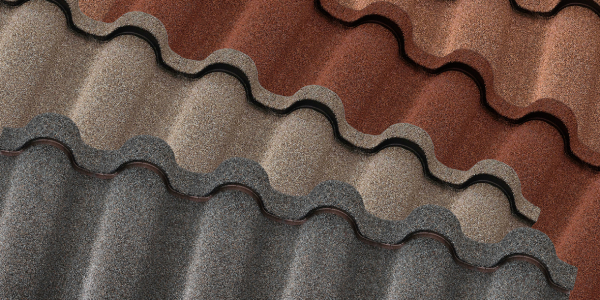
By Trevor Underwood, DECRA Metal Roofing.
Learn about the power of metal roofing and what it can do for your next project!
As the second most popular roofing material in the United States, metal roofing stands out amongst other traditional options, like asphalt shingles and clay tiles because it is one of the strongest and most long-lasting materials available. This is due in part to its inherent strength as opposed to materials like asphalt or wood. Metal’s natural strength and durability is further enhanced during the manufacturing process. This can be seen with DECRA Metal Roofing’s products. These stone-coated metal roofing panels bring together the advantages that come with industrial metal roofing with the aesthetic attractiveness of traditional materials like asphalt and clay. In this guide, discover what makes these panels stand out!
1 - How are metal roofing panels made?
Metal roofing panels are typically manufactured using a roll-forming process. Metal sheets are fed through a series of rollers that shape and form the metal into the desired panel shape. Once stamped, the metal roofing panels are coated with a layer of stone granules to provide a wide variety of colors, textures and styles.
The panels are designed to lock together when installed on a roof. The interlocking metal roofing panels are secured to the roof with multiple fastener points for an impenetrable, edge-to-edge attachment to the roof.
2 - What are the benefits of metal roofing panels?
The strength of steel combined with the interlocking design of metal roofing panels result in one of the strongest types of roofing on the market. The primary benefit of metal roofing is its ability to create a weather-resistant barrier against the elements.
For example, when it comes to resisting high winds, tornados or even hurricanes, the interlocking metal roofing panels are so strong that they have been approved for use in high-velocity hurricane zones (HVHZs) of Florida. HVHZs have the strictest building code requirements in the nation and metal roofing panels are one of the few types of roofing that meet those requirements.
Take asphalt shingles, for example. High winds can easily remove flimsy shingles from the roof. Even if a small section of shingles is blown off the roof, the entire roof may still need to be replaced. Additionally, the interlocking panels create a water-tight and non-porous barrier, making them ideal for homes in regions with heavy rain, moisture and snow.
Traditional roofing materials, like asphalt shingles and clay tiles, are porous. Porous roofs will absorb water, which can cause problems for homes that experience frequent rain or moisture. Worse, when the water absorbed by a porous roof freezes, it will expand. This can cause the shingles or tiles to crack, split, warp and deteriorate.
A metal roof, on the other hand, is non-porous and impervious to both water and snow.
3 - How do metal roofing panels differ from traditional roofing materials?
Metal roofing panels are the second most popular roofing material in the U.S. and gaining market share year-after-year due to their durability, longevity and a lengthy list of other benefits. Here’s how metal roofing panels differ from traditional roofing materials, such as asphalt shingles and clay tiles.
Metal roofing panels versus asphalt shingles
Asphalt shingles are the most popular roofing material in the U.S., mainly because they are the cheapest. However, as the old saying goes, you get what you pay for. Asphalt shingles are notorious for their many shortcomings, particularly regarding longevity, energy efficiency and sustainability.
- Lifespan: Traditional asphalt shingles need to be replaced as frequently as every 12 years and, perhaps even sooner, in regions prone to hail, tornados, hurricanes and other harsh weather events. Conversely, on average, metal roofing panels last between 40 to 70 years.
- Energy efficiency: Asphalt shingles absorb heat like a sponge, radiating that heat into the home below, even after sunset, making them one of the worst-performing roofing materials for energy efficiency. Metal roofing panels reflect heat away from the building, making it one of the most energy-efficient roof materials on the market. Stone-coated metal roofing products have infrared pigments embedded in the stone coatings, increasing their natural solar reflectance and enhancing energy efficiency even further.
- Sustainability: Petroleum-based asphalt shingles are often too toxic to recycle and contribute more than ten million tons of waste annually to landfills. Metal roofing panels, on the other hand, are one of the market's most sustainable options thanks to their recycled material content and the fact that they are 100% recyclable when removed.
Metal roofing panels versus clay tiles
Specific architectural designs, like Mediterranean and Spanish styles, rely upon clay tile roofing as a critical design element. But, unfortunately, clay tile roofing is one of the heaviest, most high-maintenance and fragile roofing materials available. On the other hand, metal roofing panels can withstand just about anything Mother Nature sends its way.
Another drawback to clay tile roofing is that it places excessive weight on the home, adding to the roof load and increasing the construction materials needed to support it. Additionally, clay tiles absorb up to 15% of their weight in moisture, which adds weight stress to the supporting roof structure.
Here's how much clay tile weighs compared to other roofing materials:
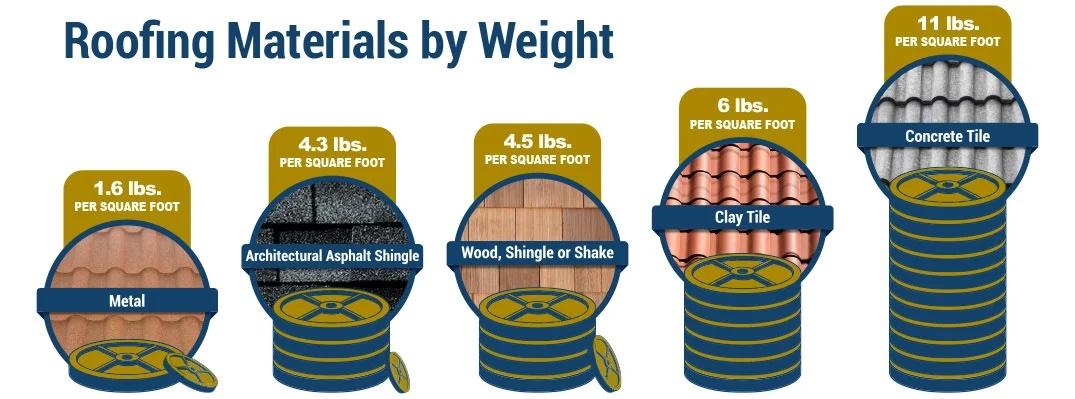
As you can see, metal roofing panels are one of the lightest roofing materials on the market, while maintaining durability and longevity.
See and feel the difference of DECRA Metal Roofing Panels
Stone-coated metal roofing panels combine the durability of industrial metal roofing with the aesthetics of traditional roofing materials, such as asphalt shingles and clay tiles. With stone-coated metal roofing panels, homeowners can enjoy the durability of metal roofing without sacrificing style.
Don’t believe us? See it for yourself. Request your complimentary sample today.
Original article source: DECRA
Learn more about DECRA Metal Roofing in their Coffee Shop Directory or visit www.DECRA.com.




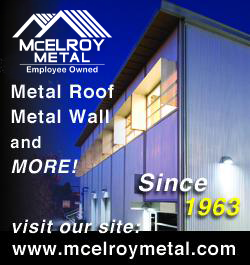








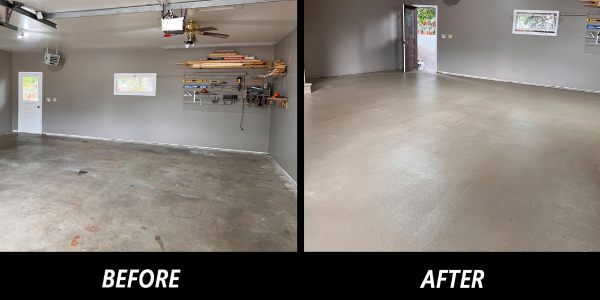
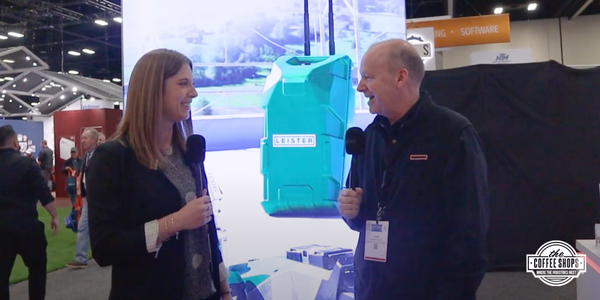

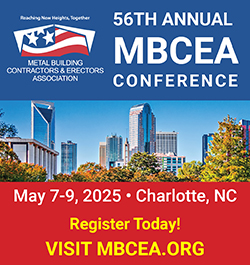

Comments
Leave a Reply
Have an account? Login to leave a comment!
Sign In